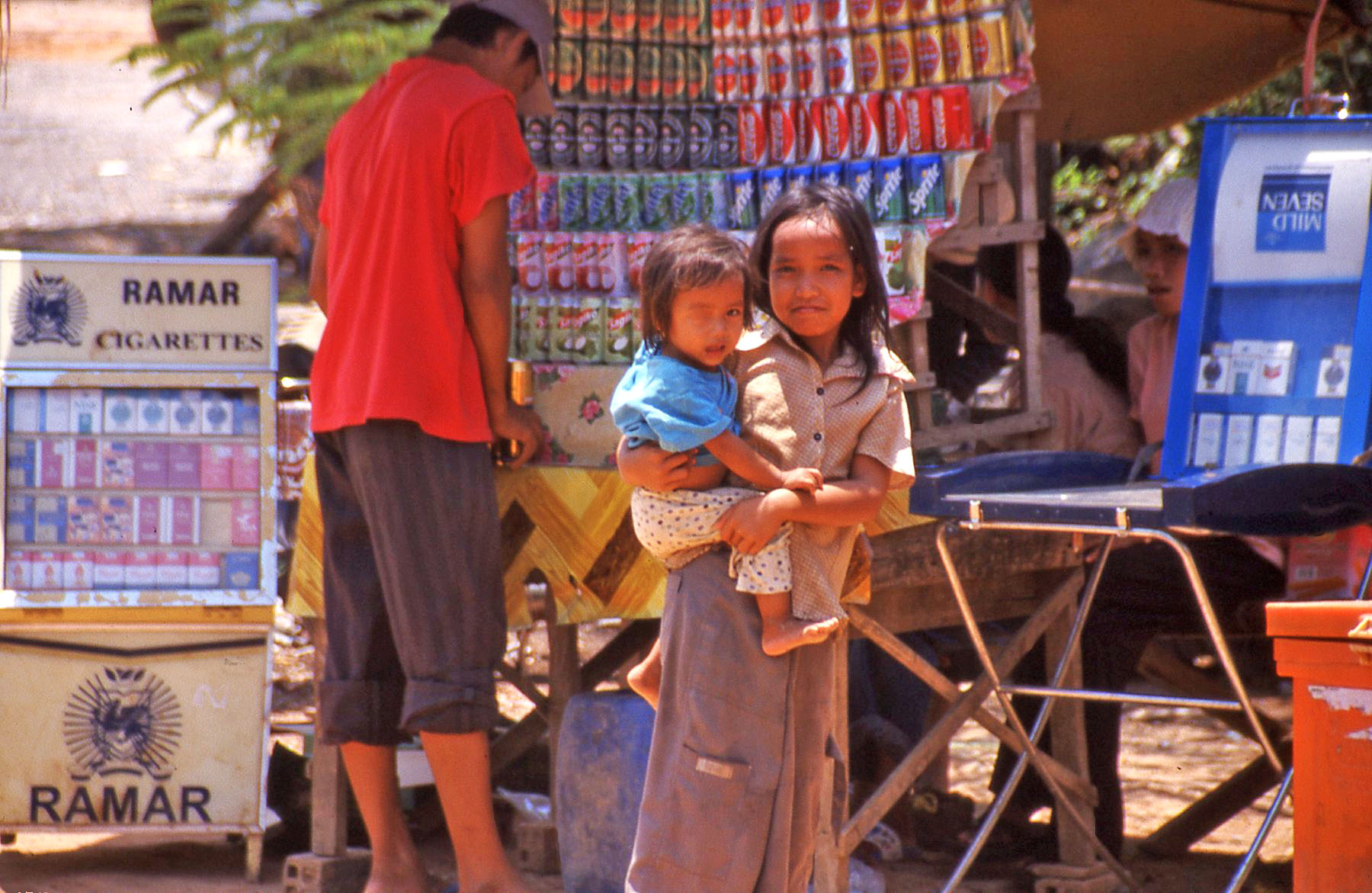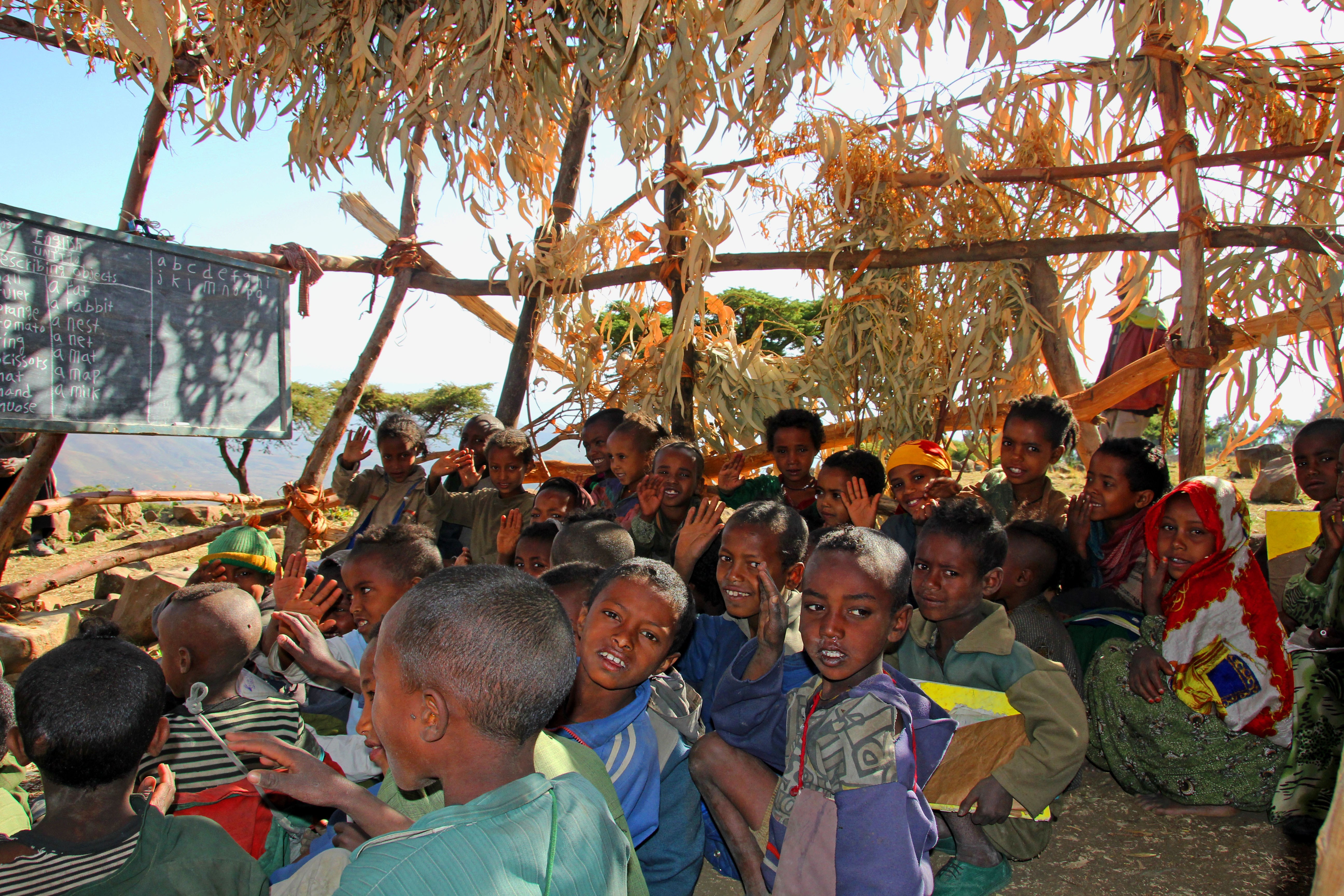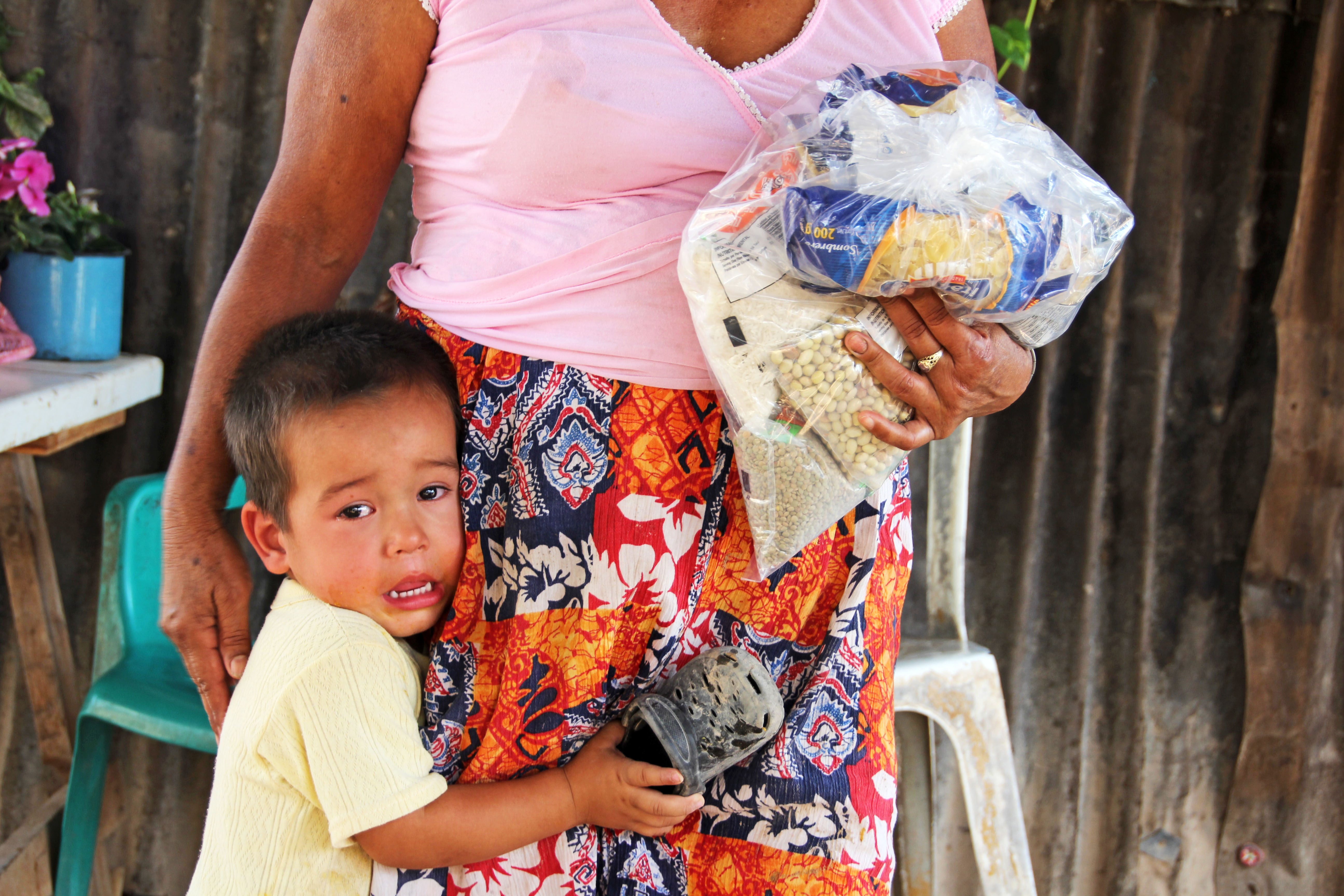Child Protection – Travel & Tourism (14.11.12)
With UK domestic news presently dominated by high profile child protection issues, we are reminded how essential it is for all societies to engage, promote and practise effective child protection policies.
The travel industry, which links so many people from a huge range of countries, creeds and cultures, has arguably a more important role to play than most. It is essential that we as tourists, travel organisers and destinations uphold good practice whilst embracing the issue full on.
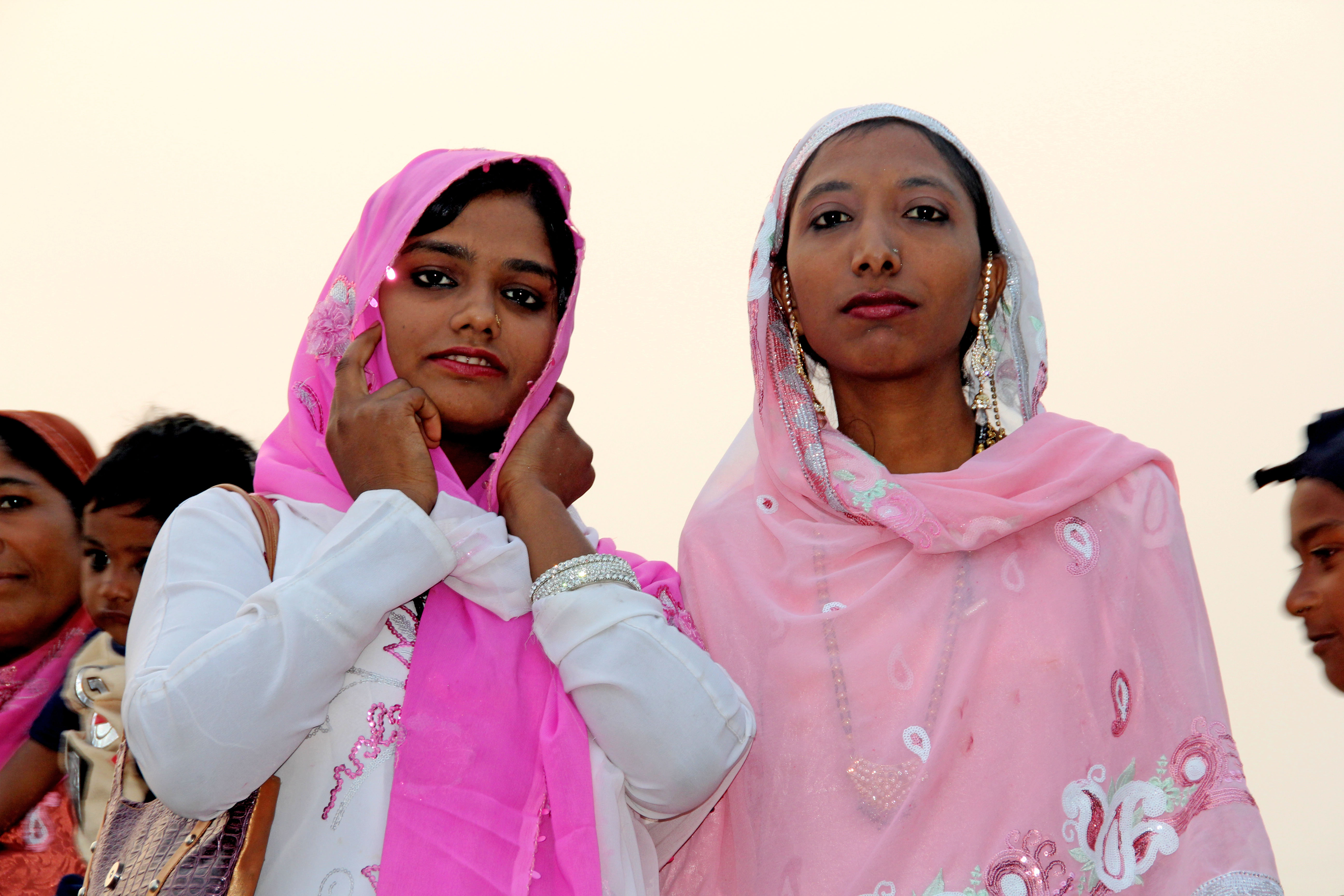
As worldwide travellers pass the one billion mark in 2013, tourism has become a vast international community in its own right. A community often witnessing first hand the plight of so many of the 218 million children engaged in labour worldwide. Of these working children a considerable number are especially vulnerable to exploitation and abuse.
Without the eyes, ears and energy of everyone involved the World Tourism Organisation (UNWTO) child protection campaign “Don’t Let Child Abuse Travel” would struggle to be effective. However, it was heartening to see the issue of ‘Tourism and Child Protection’ given a platform at last week’s World Travel Market (WTM).
Located at the Olympic venue ExCel London, WTM attracts up to 50,000 participants and 5,000 exhibitors, covering around 190 countries & regions. Attending every year I am always delighted to meet up with so many of our host destination suppliers and travel colleagues.
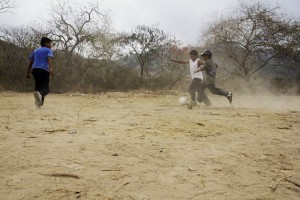 This year I too attended the ‘Tourism and Child Protection’ seminar where a selection of speakers addressed child vulnerability issues including inappropriate employment, trafficking and the sex industry. It was particularly interesting to hear how the International Tourism Partnership are engaging the subject, in addition to the views and experiences the ConCERT charity in Cambodia had.
This year I too attended the ‘Tourism and Child Protection’ seminar where a selection of speakers addressed child vulnerability issues including inappropriate employment, trafficking and the sex industry. It was particularly interesting to hear how the International Tourism Partnership are engaging the subject, in addition to the views and experiences the ConCERT charity in Cambodia had.

As a Director of New Life Mexico (a UK registered charity supporting vulnerable children and young people in Mexico), I have seen first hand the vulnerability of children when faced by a vast and affluent local tourist industry. In our experience unless the local authorities (in particular the police working with local social workers) embrace the plight of their children and engage in programmes to address this issue, it is difficult to decrease the level of child exploitation caused by tourism.
On a larger scale the continuation of World Tourism Network on Child Protection has to lead in assisting the variety of multi-stakeholders, ranging from governments, international organisations and non-governmental organisations (NGOs) to tourism industry groups and media associations.
In recognition of ‘best practise’ ideologies we at Nomadic Thoughts are always keen to learn more. So although in our minds we avoid entering into business contracts with organisations who do not wholeheartedly embrace ‘child rights’, we understand that we can never be complacent.
Similarly with the unfolding of so many historical abuse issues highlighting how modern day child protection safeguards are improving, everyone should be encouraged to embrace everyday child protection issues wherever they may be. Whether at home or on holiday, the subject of children’s rights must remain paramount.
